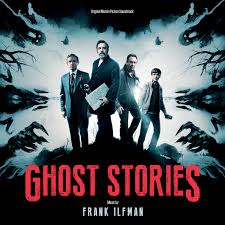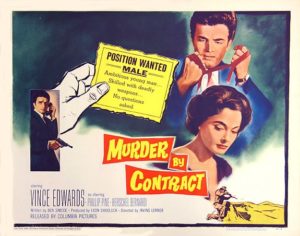So, it hasn’t quite been a month, ten more days for that mark on the calendar, since my first novel Vulcan’s Forge has been published and I have a few reactions to the whole process.
Naturally I was a little bummed that the sole event tied to its release a signing at Mysterious Galaxy was canceled due to the stay at home order issued here in California just seven days before the book’s release but I’m happy our governor took the action as our state is weathering the crisis better than nearly any other.
Amazon seems to be utterly unreliable as a source of sales information. Though I know for certain books were sold via Amazon directly and more from other sources neither Amazon nor Bookscan is reporting that information so I have no idea how well or poorly the sales numbers are.
The Blog Tour where a different book blogger reviewed the book each day of its release week was quite enjoyable. All of them gave the book varying levels of positive reviews which is nicely gratifying for a novel that I wrote entirely to my own personal tastes.
Speaking of reviews a few have popped up on Amazon that are not from the blog tour and reading those has been informative. It’s quite interesting to see the various lenses and filters people bring to the process. All of the reviews have been positive, 4 and 5 stars so far, but eventually it will land in the hands of someone who hates it.
Overall especially dealing with this pandemic I have been very happy with the novel’s debut.




